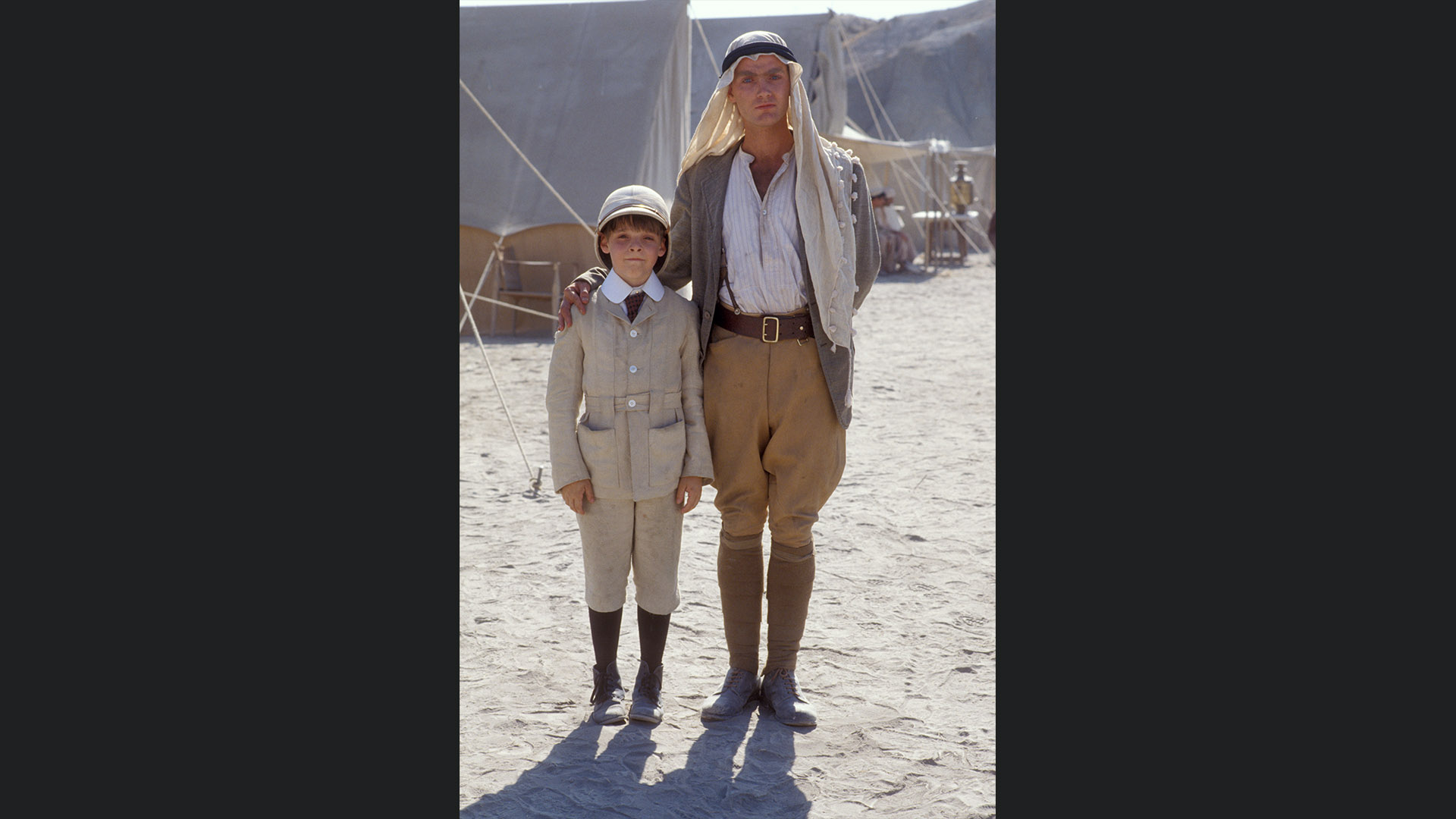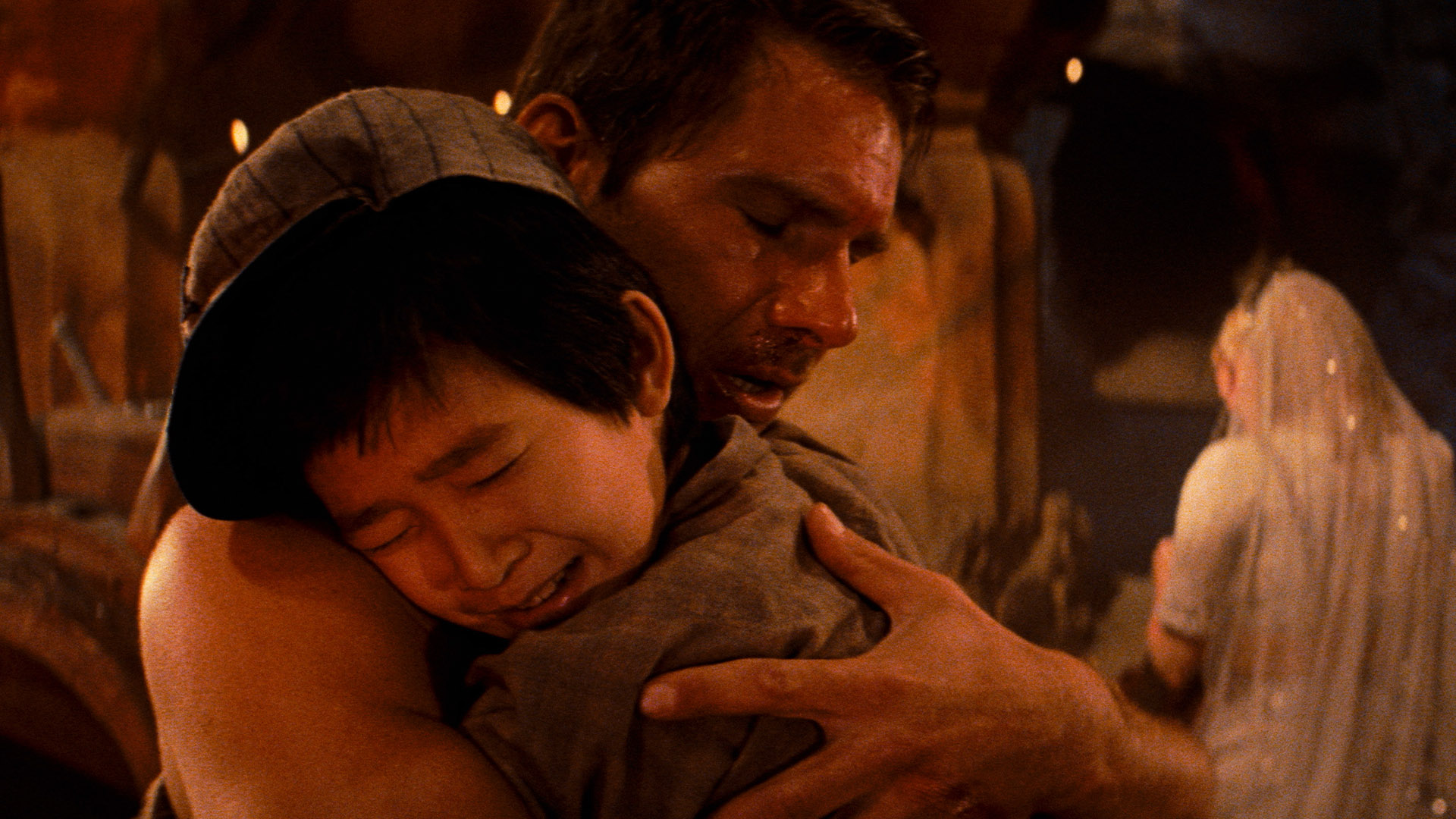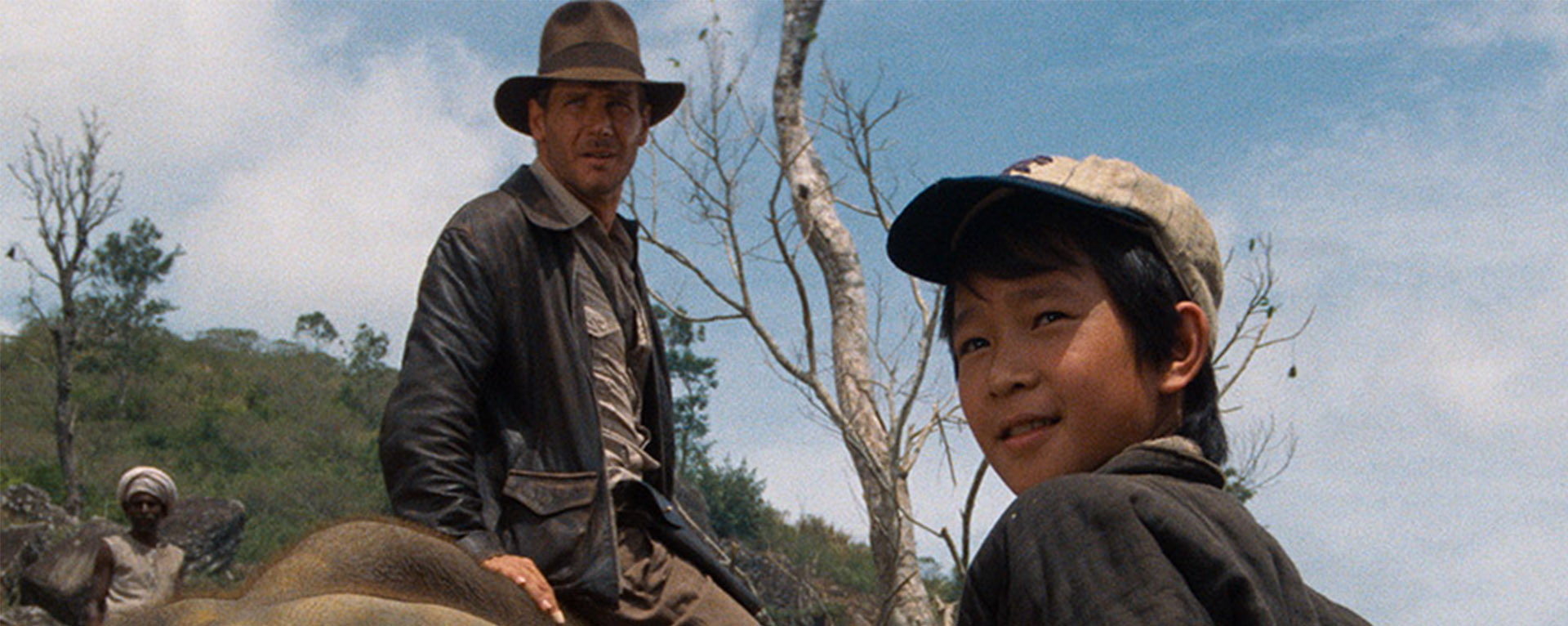The Real Indiana Jones: Friendship & Sacrifice
Only through our devotion to others do we reach our fullest potential.
“The Real Indiana Jones” is a series that explores the man behind the fedora. Indiana Jones is many things to many people in his world, from a friend or enemy, to an esteemed professor or rival treasure hunter. As viewers of Indy’s big screen and television adventures, we have a unique perspective on the life of this hero, whose own weaknesses are often as important as his strengths.
Warning: this article includes spoilers from Indiana Jones and the Dial of Destiny.
“I like to be alone,” Indiana Jones tells a German officer in the opening prologue of Indiana Jones and the Dial of Destiny. But is that true? At first, one might think that Indy is simply being obstinate to his captor. He seems to have a friend in every country in the world. Indy is never without a loyal companion on one of his adventures. How could he like to be alone?
As we’ve previously explored in this series, from a young age Indy can be quite sociable. As a boy traveling the world with his parents in The Adventures of Young Indiana Jones, he finds companions everywhere. There’s Meto, a young shepherd on the savannah of modern-day Kenya. Although they can’t directly communicate, Indy manages to pick up on a bit of the local language, and they form a close bond. Even without words, Indy has a way of connecting with people and forming a lasting impression.
Losing his mother to illness and lacking a healthy relationship with his father, Indy has a number of close friends who also act as mentors. From boyhood through his coming of age, perhaps none is as important as T. E. Lawrence, whom Indy knows simply as Ned. Watching his young friend grow up, Lawrence not only imparts meaningful lessons to Indy (such as the value of learning languages), but his persona as a worldly and curious adventurer is a direct inspiration to the “man in the hat” that Indy will become.
On a more subtle level, however, Ned Lawrence also appreciates Indy’s keen ability to see the good in others and in all things. During their first adventure together in Egypt, Ned self-admittedly exaggerates details about ancient mummies coming to life. When he apologizes, young Henry, rather than feeling betrayed, responds with a loyal and trusting smile.
Years later when they reunite in Paris at the Versailles Peace Conference, Indy and Ned disagree over the political situation and an argument ensues. When Indy tries to apologize, Ned insists that he is the one who should be doing so. “It’s just that I’ve become a little cynical and it doesn’t mix too well with your idealism,” he tells Indy. “[We’re all] tired and disillusioned, all except you, Henry. Now don’t change, will you? It’s what makes you such a splendid chap.”

Earlier during World War I, the humanitarian Dr. Albert Schweitzer tells a teenaged Indy that “the thinking man gives every life the same reverence that he gives his own.” Inspired by his friendship with Schweitzer, Indy tries to make a real difference as a soldier and help bring an end to the war. But there will be many stumbles ahead as he becomes embroiled in tempting intrigues and ambitious treasure hunts. While operating a spy ring in Istanbul, Indy falls in love with a young woman named Molly who is tragically caught in the crossfire of his dangerous life. Later when Indy and his friend Remy go hunting for an ancient diamond, the once inseparable pair slowly grow apart.
As he has been wont to do since childhood, Indy will often change his surroundings in the wake of a separation or conflict. His worldliness that so endears him to people of diverse cultures and backgrounds can also work against him. Indy is often an isolated, solitary figure.
After years of adventuring, Indy finds himself captured by the villainous Thuggee in Indiana Jones and the Temple of Doom. Forced into a trance known as “the black sleep,” he becomes an obedient servant of his captors. From a certain point of view, the black sleep represents Indy’s ability to be corrupted by greed and selfishness. If he forgets his own strengths of heart, he will succumb to this dark persona. Like Ned Lawrence’s insistence that Indy not change his hopeful outlook on life, his young companion Short Round sees Indy’s true character better than Indy does himself.
Blinded by the trance, Indy is willing to forgo the lives of his companions deep within the temple. But Short Round doesn’t give up. “Indy, I love you!” he says while burning him with a torch to awaken him from the black sleep. Revivified, Indy chooses to rescue the captive children within the temple and return a precious Sankara Stone to their village. Having risked his life to save Indy, Short Round exemplifies how Indy’s friendships empower him to become a hero. Without his companions, he can’t be Indiana Jones.
As he struggles to balance his compassion with his ambitions, Indy has sacrificed important relationships. It is only the Indiana Jones after the adventure in Temple of Doom who learns that he must sacrifice his own desires (and sometimes his own safety) for the good of others. We see him learn in Indiana Jones and the Raiders of the Lost Ark that rescuing Marion Ravenwood is more important than capturing the Ark of the Covenant. And in Indiana Jones and the Last Crusade, Indy travels across the world not in search of the Holy Grail, but in search of his missing father.
It’s in Dial of Destiny that we see Indy’s heroism in crisis once more. He’s lost his son. He’s lost Marion (again). And as we see in the unfolding story, it’s only in his relationships with others that he finds a way through his turmoil. Over time, Indiana Jones lives up to the wisdom imparted to him by Albert Schweitzer, and as his old friend Ned Lawrence implores him to do, he doesn’t lose sight of his own generous soul.

Lucasfilm | Timeless stories. Innovative storytelling.

